SESSIONS AT SYMPOSIUM 2014
In the afternoon of the Symposium, T-Systems Hungary, its main clients and the companies of its partnership ecosystem will be waiting you with lectures by specialists in 12 thematic sessions. This year the individual sessions will focus on solutions that determine corporate competitiveness and operational efficiency, but the technological achievements of T-Systems Hungary and its partners will also be presented in relation to the individual megatrends.
Learn more about our sessions!
Industry Session
The operation of large industrial corporations is fundamentally affected by technological megatrends. Increasing emphasis is being placed on real-time data collection, while an ever larger number of corporate IT elements are connected to a single large corporate network. In addition to its obvious benefits, this process also involves security threats. The experts of this session will give presentations on such and related questions.
Interview with line director Péter Hosszú (Industry)
Interview with line director Péter Hosszú (Industry)
Which are the most important trends that can be observed recently in industry?
Viewing the technical trends of the present and the immediate future from the perspective of the industry, the most important novelty one must notice is the Big Data. It results from the combined effect and intertwining of several technologies. On the one hand, the increasingly cheaper manufacturing of measuring devices that are not only capable of measuring but also forward, through wireless communication, the most important parameters of industrial production to a central computer available as a kind of cloud service, where they are promptly evaluated in order to determine real time where and how much a particular production process is idle, or even the place and volume of scrap that is generated. All this means that exceeding the understanding of the general outlines of the interrelationships between background processes we will have a more comprehensive, more accurate and more up-to-date view of them.
Real-time data collection has a key role in decision making, as this is the only way to obtain relevant and up-to-date, in other words, high-quality data. Producers are characterised by (or frequently compelled to undertake) the regular review and optimisation of processes. In order to be able to give quantitative evidence of the individual changes and iterations, the elaboration of a reliable data collection system is indispensable. However, one should also remember the rapid spread of warehouse equipment and merchandise marking tools (bar codes, RFID) that can be fitted in the smart IT environment.
Among large companies, in one-off application development, demand point to the direction of solutions standardised on a corporate level. Our partners expect applications that are modular, which includes components that can also be used, after minor modifications, in other systems. IT and data security have an especially important role, so these requirements are represented in the projects with a great emphasis. In addition to the technological trends, the spread of project approach and the established project management methodologies (in terms of time, outcome and cost maintenance) is also important in the interest of successful project accomplishment.
According to your experience, to what extent is ICT able to support the solution of business and operation-related problems?
Producers and the regulatory organisations controlling their operation (for instance in food industry) want to collect an increasing amount of information about their own internal processes, efficiency and other areas affecting operation. However, data collection is the most accurate if it is made right on the spot of production, right at the moment of the business process. The time dedicated to documentation is in most case taken from the time required for genuine value creation, if at all. By the application of an appropriate system of objectives, the time and energy spent on data collection may be minimised.
The integration of information obtained from various industrial equipment and systems also help in making decisions relying on an even more comprehensive set of data.
What challenges should a large industrial company expect in terms of IT security?
Recently, concerns regarding the security of industrial systems have also come to the forefront to a major extent. Classical industrial security used to mean the provision of operational continuity. Unfortunately, operative engineers only remember to build appropriate redundancies, and perhaps physical security, when they hear the word safety. The gap between the two different terms (“industrial security” and “IT security”) should be closed in order to prevent experts from performing a dialogue of the deaf.
In nearly every case there is some kind of online connection with the office network, the ERP system and the inventory records. The IP protocol, which provides the basis of Internet services, is spreading in industrial systems as well, and as a direct result, these systems are highly exposed to hacker attacks. Hackers can now use their tested methods and tools for attacking industrial systems.
And hackers are no longer smart students who want to show their mettle. The “cyber army”, cyber terrorism and online spying no longer belong to the realm of science fiction. The information security act that entered into force last year also covered the security of critical information systems and system elements (critical infrastructure elements). Numerous industrial companies have IT systems that fall into this category. The act mandatorily compels the affected industrial participants to achieve the required IT security level, in other words, it is no longer optional if an affected industrial participant focuses on IT security or not. This external factor forces everyone to finally adopt a genuinely different approach to this area due to the increasing threat.
Nevertheless, the gradually spreading new, cloud-based IT infrastructure and the services also used from the cloud also raise new kinds of security questions which require thoroughly grounded answers in terms of both regulation and technology.
Viewing the technical trends of the present and the immediate future from the perspective of the industry, the most important novelty one must notice is the Big Data. It results from the combined effect and intertwining of several technologies. On the one hand, the increasingly cheaper manufacturing of measuring devices that are not only capable of measuring but also forward, through wireless communication, the most important parameters of industrial production to a central computer available as a kind of cloud service, where they are promptly evaluated in order to determine real time where and how much a particular production process is idle, or even the place and volume of scrap that is generated. All this means that exceeding the understanding of the general outlines of the interrelationships between background processes we will have a more comprehensive, more accurate and more up-to-date view of them.
Real-time data collection has a key role in decision making, as this is the only way to obtain relevant and up-to-date, in other words, high-quality data. Producers are characterised by (or frequently compelled to undertake) the regular review and optimisation of processes. In order to be able to give quantitative evidence of the individual changes and iterations, the elaboration of a reliable data collection system is indispensable. However, one should also remember the rapid spread of warehouse equipment and merchandise marking tools (bar codes, RFID) that can be fitted in the smart IT environment.
Among large companies, in one-off application development, demand point to the direction of solutions standardised on a corporate level. Our partners expect applications that are modular, which includes components that can also be used, after minor modifications, in other systems. IT and data security have an especially important role, so these requirements are represented in the projects with a great emphasis. In addition to the technological trends, the spread of project approach and the established project management methodologies (in terms of time, outcome and cost maintenance) is also important in the interest of successful project accomplishment.
According to your experience, to what extent is ICT able to support the solution of business and operation-related problems?
Producers and the regulatory organisations controlling their operation (for instance in food industry) want to collect an increasing amount of information about their own internal processes, efficiency and other areas affecting operation. However, data collection is the most accurate if it is made right on the spot of production, right at the moment of the business process. The time dedicated to documentation is in most case taken from the time required for genuine value creation, if at all. By the application of an appropriate system of objectives, the time and energy spent on data collection may be minimised.
The integration of information obtained from various industrial equipment and systems also help in making decisions relying on an even more comprehensive set of data.
What challenges should a large industrial company expect in terms of IT security?
Recently, concerns regarding the security of industrial systems have also come to the forefront to a major extent. Classical industrial security used to mean the provision of operational continuity. Unfortunately, operative engineers only remember to build appropriate redundancies, and perhaps physical security, when they hear the word safety. The gap between the two different terms (“industrial security” and “IT security”) should be closed in order to prevent experts from performing a dialogue of the deaf.
In nearly every case there is some kind of online connection with the office network, the ERP system and the inventory records. The IP protocol, which provides the basis of Internet services, is spreading in industrial systems as well, and as a direct result, these systems are highly exposed to hacker attacks. Hackers can now use their tested methods and tools for attacking industrial systems.
And hackers are no longer smart students who want to show their mettle. The “cyber army”, cyber terrorism and online spying no longer belong to the realm of science fiction. The information security act that entered into force last year also covered the security of critical information systems and system elements (critical infrastructure elements). Numerous industrial companies have IT systems that fall into this category. The act mandatorily compels the affected industrial participants to achieve the required IT security level, in other words, it is no longer optional if an affected industrial participant focuses on IT security or not. This external factor forces everyone to finally adopt a genuinely different approach to this area due to the increasing threat.
Nevertheless, the gradually spreading new, cloud-based IT infrastructure and the services also used from the cloud also raise new kinds of security questions which require thoroughly grounded answers in terms of both regulation and technology.
Back
Sympo2014logo
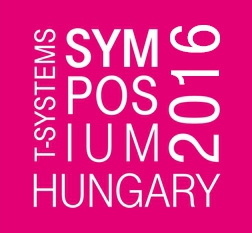
Event Partners
Diamond level partner
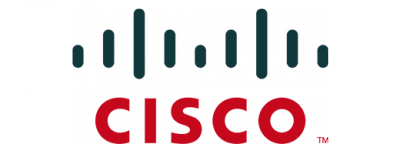
Emphasized technological partner
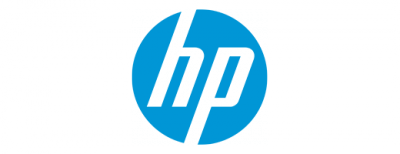
Gold level partners
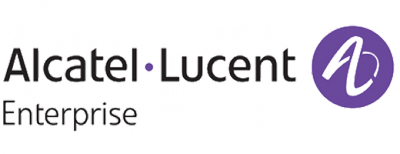
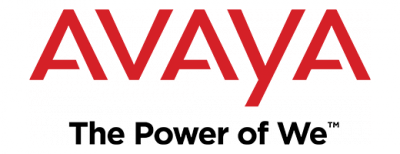
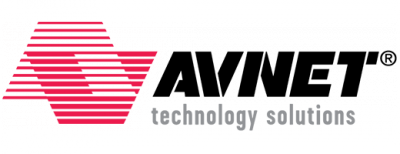
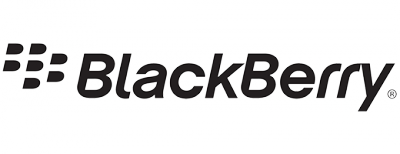
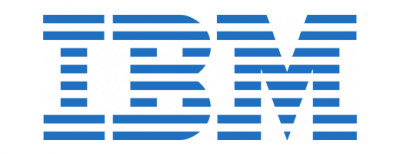
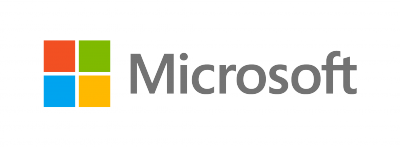
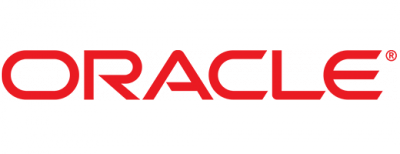
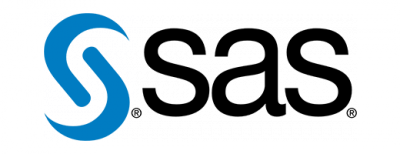
Emphasized international partner
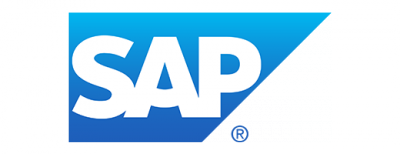
Silver level partners
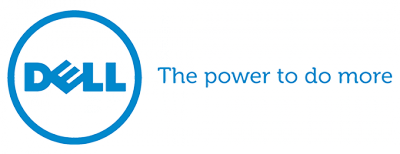
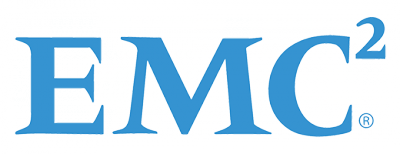
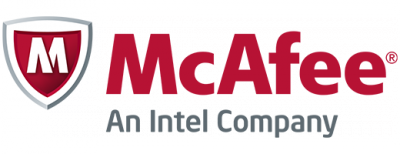
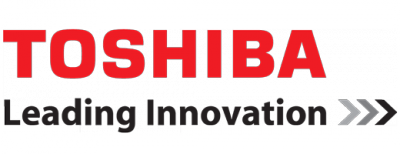
Professional partner
Professional partner

Collaborator partners
Collaborator partners
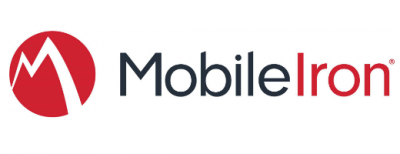
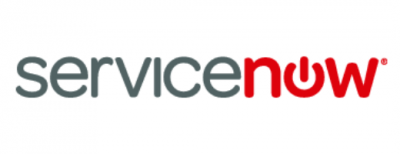
Strategic media partners
Media partners








